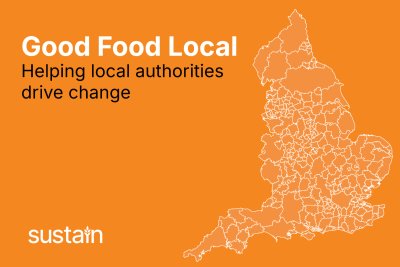

Major overhaul of anti-advocacy clause
The government has published a major overhaul of its earlier proposal to restrict universities, charities and community groups from advocating policy change when in receipt of public funding.
Known as the ‘anti-advocacy’, ‘anti-lobbying’ or ‘gagging’ clause, the government’s wording for public grant contracts, published in February 2016, read: “The following costs are not Eligible Expenditure: Payments that support activity intended to influence or attempt to influence Parliament, Government or political parties, or attempting to influence the awarding or renewal of contracts and grants, or attempting to influence legislative or regulatory action.” This wording was published without prior consultation and was by then already implemented in some government grants to community groups that work with vulnerable beneficiaries such as victims of domestic violence.
New guidance issued by government on 2 December 2016 now sets out more reasonable guidance to government departments that issue grants to universities and third-sector organisations. The new guidance encourages competitive tendering for grants and avoids draconian restrictions on legitimate advocacy activities.
“Sustain saw from the outset that the government’s anti-advocacy clause was bad news for the food and farming movement,” said Kath Dalmeny, who has vociferously opposed the clause during 2016 and submitted evidence to the government of the likely chilling effect this could have on charities and community groups. “Useful socially and environmentally focused work across a wide range of issues – from promoting community food growing in cities, to improving school and hospital food standards, to advocating for the protection of meals-on-wheels services for older people – might have been silenced by the ‘chilling effect’ of such an ill-conceived contractual clause."
"In handing on publicly-funded grants to small community groups, organisations such as Sustain would also have been forced to pass on these chilling restrictions to local groups who lack the legal expertise to object. Government must not use its powers to silence civil society, especially those who are morally obliged to speak out on behalf of the vulnerable people they serve.”
"The government's major overhaul of the anti-advocacy clause is a victory for common sense."
In opposing the anti-advocacy clause, Sustain reviewed the effects on civil society of similar over-bearing government intervention in other countries, such as Canada, and concluded that the UK government had not considered the negative implications of this measure, which had originally been introduced by the UK government only narrowly to prevent Local Enterprise Partnerships hiring expensive lobbying firms paid for by public money.
Sustain set out concerns on the behalf of the food and farming movement in our submissions of evidence to the government, in spring 2016:
- Anti-advocacy clause representation from Sustain
- Examples of legitimate work the anti-advocacy clause might have restricted
Sustain also participated in activities coordinated during 2016 by NCVO, ACEVO and Social Enterprise UK, opposing the anti-advocacy clause. Read a blog by Sir Stuart Etherington, chief executive of NCVO, providing more detail: A resolution to the anti-lobbying clause.
Sustain: Sustain The alliance for better food and farming advocates food and agriculture policies and practices that enhance the health and welfare of people and animals, improve the working and living environment, enrich society and culture and promote equity.
Sustain
The Green House
244-254 Cambridge Heath Road
London E2 9DA
020 3559 6777
sustain@sustainweb.org
Sustain advocates food and agriculture policies and practices that enhance the health and welfare of people and animals, improve the working and living environment, promote equity and enrich society and culture.
© Sustain 2025
Registered charity (no. 1018643)
Data privacy & cookies
Icons by Icons8







